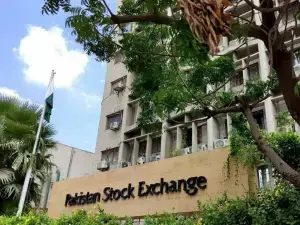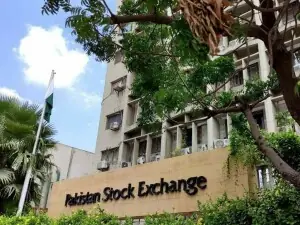The Global Fund to Fight AIDS, Tuberculosis and Malaria is facing a budget hole of about $3 billion as the recession dries up foreign aid, the Geneva-based funding body said on Friday. Spokeswoman Marcela Rojo said that $170 million is still needed to pay for the programmes the Global Fund committed to supporting last year, and it will need $2.5 billion to $3 billion to maintain and finance programmes planned for 2010.
"The Global Fund will need a substantially higher amount than the one pledged at the last replenishment in Berlin in 2007 ($10 billion)," she told Reuters, saying fundraising drives in 2010 "will be absolutely critical". "The decisions that are made in the next 18 months will be critical for sustaining the gains achieved in global health so far and further scaling up programmes," Rojo said.
The United States - whose economy has contracted sharply following last year's credit crunch and which has funnelled public funds into bailing out banks - is the largest donor supporting public health programmes through the Global Fund. Washington has pledged more than $4.4 billion since the body was created in 2002 to tackle the three deadly epidemics. Japan, another major aid provider whose economy has faltered in the global downturn, has given more than $1 billion to date.
Question marks over funding for the Global Fund's long-term programmes may raise public health threats, because patients receiving AIDS and tuberculosis drugs need to keep taking the treatment to avoid developing resistance to it. The body, which works with United Nations agencies and also raises money through the sale of computers, clothing and retail goods with the product (RED) label, has approved $15.6 billion in funding in 140 countries to date. It has disbursed nearly $8 billion so far.
As of the end of last year, it had provided AIDS treatment to 2 million people and tuberculosis treatment to 4.6 million people, and distributed 70 million insecticide-treated bed nets world-wide to prevent malaria infections. Earlier this week, the head of the United Nations agency UNAIDS Michel Sidibe called on donor countries to maintain their commitments to help the 33.2 million people world-wide infected with HIV, the virus that leads to AIDS. He estimated that the Global Fund was running $4 billion short of the amount it needed to fund AIDS projects it was already running or had committed to financing.
BR100
16,307
Increased By
236.2 (1.47%)
BR30
51,537
Increased By
1163.4 (2.31%)
KSE100
157,953
Increased By
1775.7 (1.14%)
KSE30
48,199
Increased By
520.5 (1.09%)






















Comments
Comments are closed.